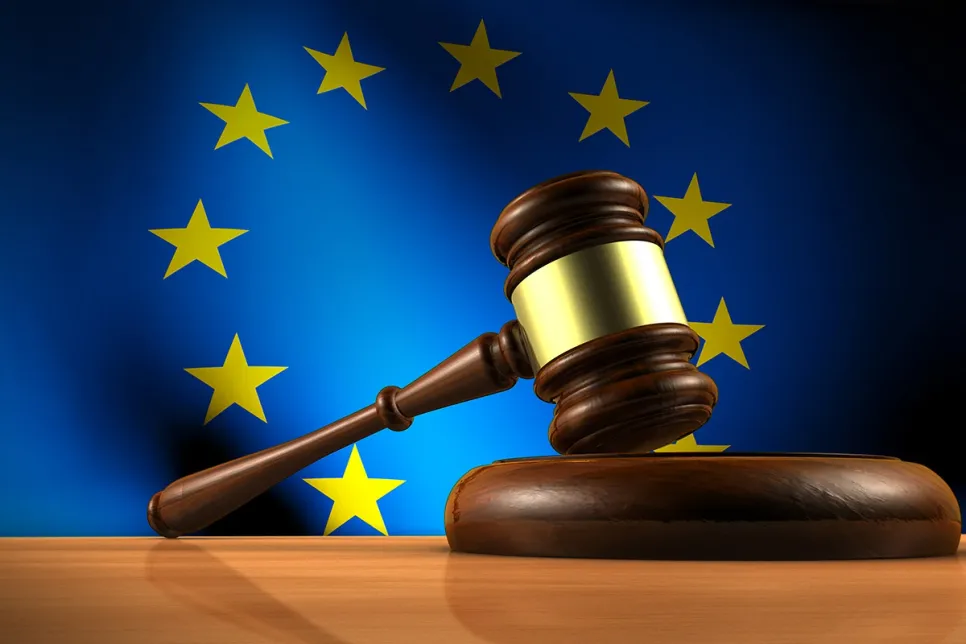Siemens and Foxconn Start New Collaboration
Siemens and Hon Hai Technology Group (Foxconn) have signed a memorandum of understanding (MoU) to drive digital transformation and sustainability in smart manufacturing platforms.

The European Commission has opened formal proceedings to assess whether Meta, the provider of Facebook and Instagram, may have breached the Digital Services Act (DSA). After the formal opening of proceedings, the EC will continue to gather evidence by sending additional requests for information and conducting interviews or inspections.
"This Commission has created means to protect European citizens from targeted disinformation and manipulation by third countries. If we suspect a violation of the rules, we act. This is true at all times, but especially in times of democratic elections. Big digital platforms must live up to their obligations to put enough resources into this and today's decision shows that we are serious about compliance. Protecting our democracies is a common fight with our Member States,” said EC President Ursula von der Leyen.
The suspected infringements cover Meta's policies and practices relating to deceptive advertising and political content on its services. They also concern the non-availability of an effective third-party real-time civic discourse and election-monitoring tool ahead of the elections to the European Parliament, against the background of Meta's deprecation of its real-time public insights tool CrowdTangle without an adequate replacement.
Further, the EC suspects that the mechanism for flagging illegal content on the services as well as the user redress and internal complaint mechanisms are not compliant with the requirements of the Digital Services Act and that there are shortcomings in Meta's provision of access to publicly available data to researchers. The opening of proceedings is based on a preliminary analysis of the risk assessment report sent by Meta in September 2023, Meta's replies to the EC's formal Requests for Information, publicly available reports, and the Commission's analysis.
The current proceedings will focus on deceptive advertisements and disinformation, visibility of political content, and the non-availability of an effective third-party real-time civic discourse and election-monitoring tool ahead of the upcoming elections to the European Parliament and other elections in various Member States. The investigation will also look into the mechanism to flag illegal content.